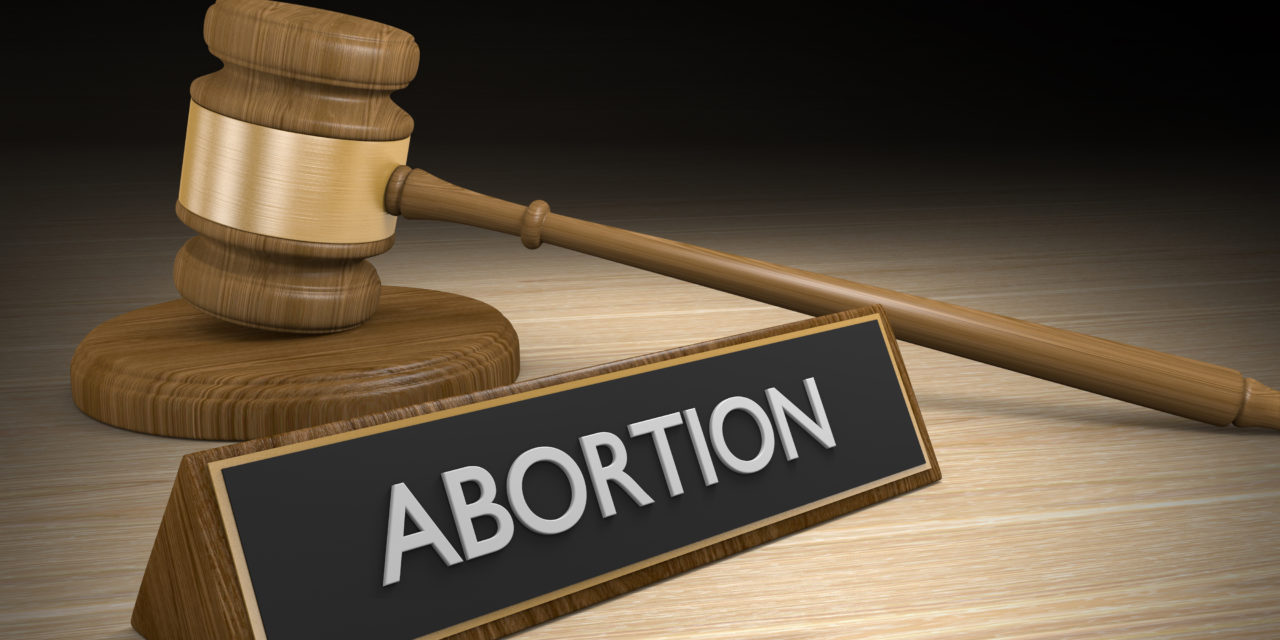There’s good news and bad news from Kentucky on the subject of saving preborn lives. The good news is that on March 29 the state legislature overwhelmingly passed an omnibus abortion bill that establishes, among other things, a 15-week ban on abortions, adds a requirement that doctors must see a patient before she can receive abortion pills, and establishes numerous reporting requirements on abortion sellers so the state can keep better track of the abortion industry.
Even though Governor Andy Beshear vetoed the bill on April 8, the legislature successfully voted on April 13 to override that veto, and the law took effect the same day. The two remaining Planned Parenthood abortion outlets in the state announced they would stop performing any abortions because they were unable to comply with forms the state now required.
Planned Parenthood and the American Civil Liberties Union (ACLU) also promptly took Kentucky to court.
Now for the bad news.
On April 21, U.S. District Judge Rebecca Grady Jennings issued a temporary restraining order blocking the enforcement of the new law until further court proceedings could be scheduled. And Planned Parenthood has resumed ending preborn life.
Planned Parenthood argued the new law contains eight subsections that require it to report on various aspects of the abortions it performs, and compliance is impossible because the forms have yet to be created by the state. The state of Kentucky is being defended by Attorney General Daniel Cameron, who argued that it was reasonable to interpret the law to conclude the state could not and would not require Planned Parenthood to comply with the reporting requirements until the forms were created and available.
Judge Jennings stated in her order that she didn’t have enough information to decide whether the law could be complied with at this time.
“For the reasons below, Plaintiff’s Motion for a Temporary Restraining Order is GRANTED to the extent that Defendants are restrained from enforcing HB 3 related to reporting and registration based on forms and programs not yet created or promulgated by the Cabinet for Health and Family Services (‘Cabinet’),” Judge Jennings wrote.
“The Court does not consider at this stage the constitutionality of the substance of the requirements in HB 3, but merely the enforceability of the provisions based on the impossibility of compliance.”
Most disappointingly, however, the judge blocked even the substantive provisions of the law, including the 15-week abortion ban and the abortion pill in-person examination requirement.
“The Court restrains enforcement of the entirety of HB 3 at this time, as it lacks information to specifically determine which individual provisions and subsections are capable of compliance,” Jennings wrote. “The Court will consider additional proof on this issue at the preliminary injunction hearing which will be scheduled prior to the expiration of this restraining order.”
The ACLU celebrated the judge’s ruling in a press release.
“We’re grateful for the temporary restraining order (TRO) restricting this egregious abortion ban from continuing to block a constitutionally protected right to basic care,” said Rebecca Gibron, CEO of Planned Parenthood Great Northwest, Hawaii, Alaska, Indiana, Kentucky. “This is a win, but it is only the first step. We’re prepared to fight for our patients’ right to basic health in court and to continue doing everything in our power in ensure abortion access is permanently secured in Kentucky.”
The Family Foundation (TFF), a Kentucky family policy council and ally of Focus on the Family, reacted with disappointment upon news of the court’s ruling.
“This activist ruling is about putting pro-abortion politics above the law,” said David Walls, Executive Director of TFF. “By refusing to comply with HB 3’s commonsense protections and immediately running to court, abortion advocates have once again revealed they do not really care about women and only desire to further profit off the slaughter of babies in the womb. I am thankful that Kentucky Attorney General Daniel Cameron will continue to strongly defend HB 3’s pro-life protections as this case moves forward.
“Kentuckians, and all Americans, are earnestly looking towards a time, very soon, where states can protect their most vulnerable citizens, preborn babies in the womb, without interference from activist courts,” Walls concluded.
The temporary restraining order lasts 14 days, which can be extended, and it is expected that another hearing will be held in the near future. In the interim, the judge anticipated in her ruling that either the forms necessary to comply with the law will be created by Kentucky, or the parties could agree on what enforcement of the law would look like until those forms are created, implying that the legal issues would be thereby simplified in time for the next hearing in the case.
The Daily Citizen will bring you more on this important case as events transpire. Kentucky’s 15-week ban is similar to the Mississippi law whose constitutionality is currently being considered by the U.S. Supreme Court in Dobbs v. Jackson Women’s Health Organization. A decision in that case is expected before the end of June.
The Kentucky case is Planned Parenthood v. Cameron
Photo from Shutterstock.






